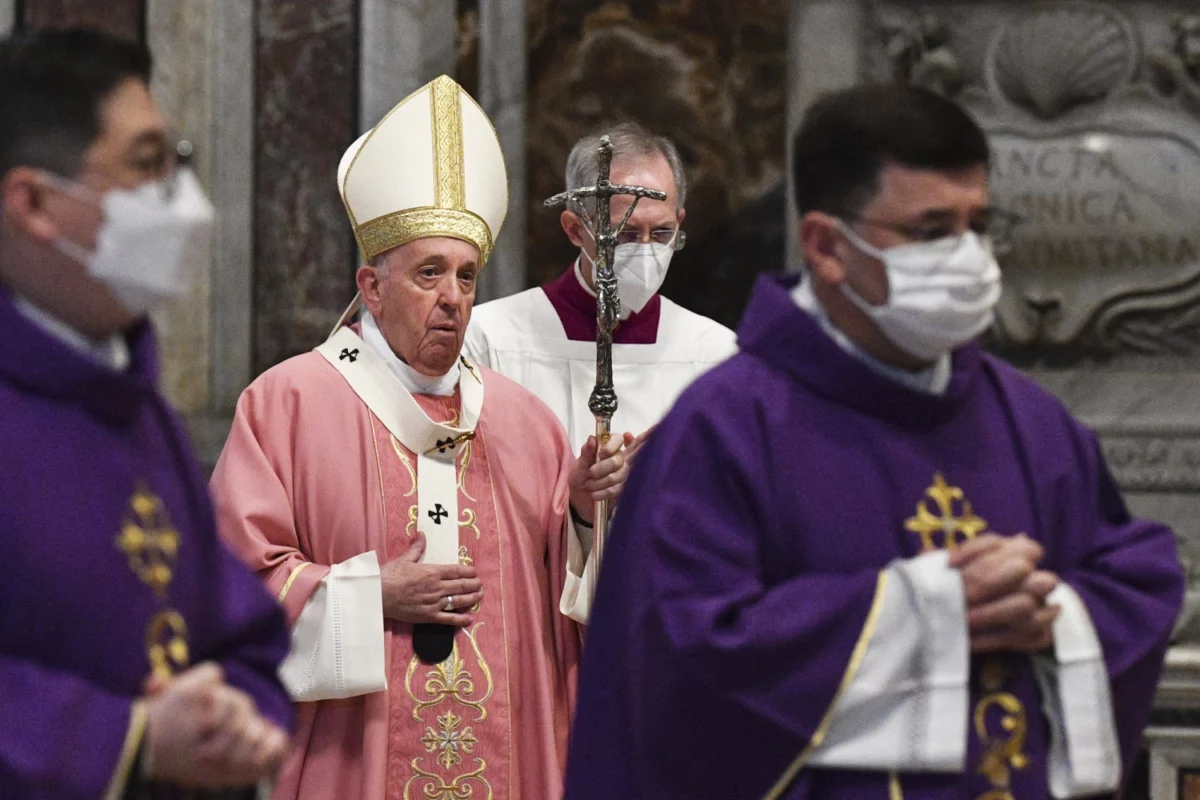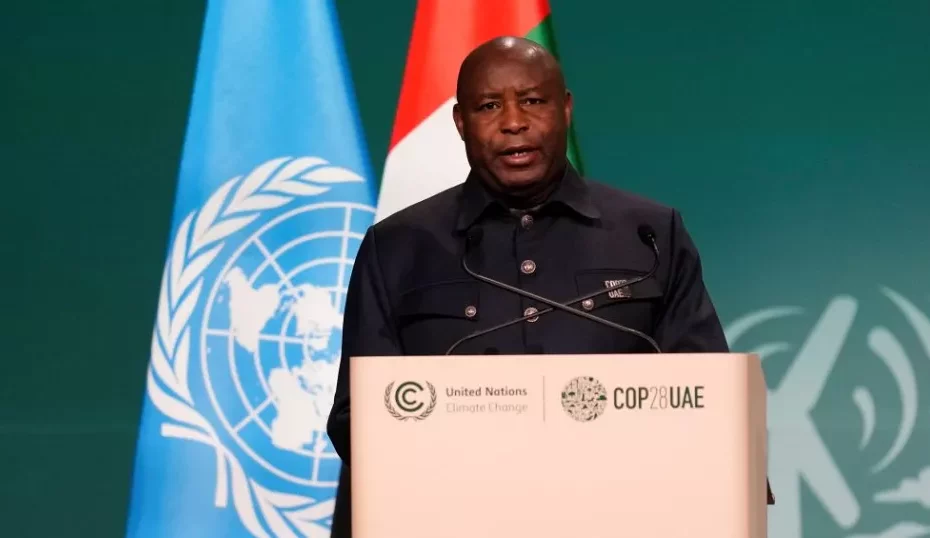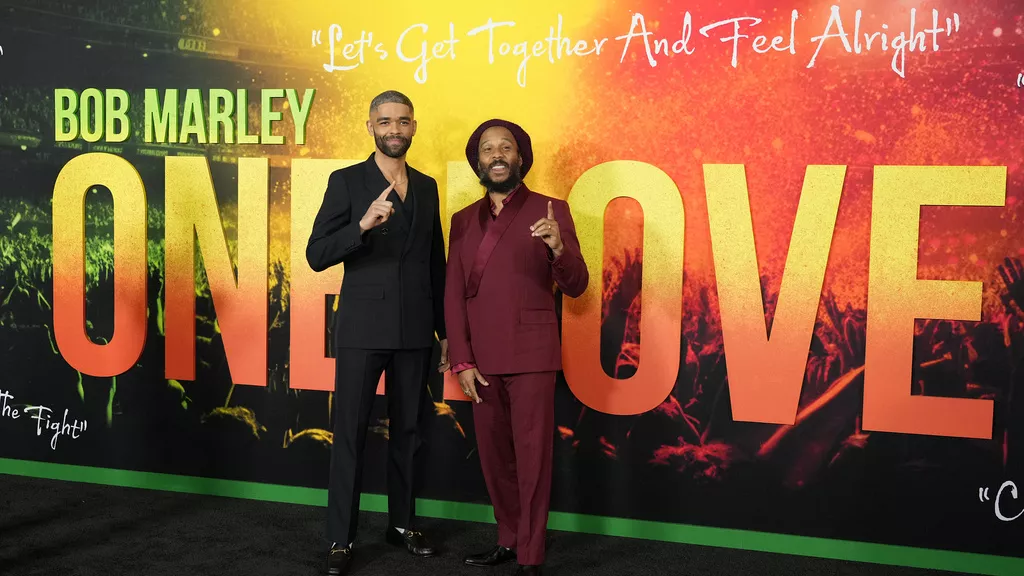Burundi’s President Evariste Ndayishimiye vehemently condemned homosexuality, advocating for public stoning of same-sex couples during a recent address. He criticized Western nations for imposing pressure on other countries to recognize gay rights or face potential aid cuts. In Burundi, where conservative Christian values prevail, same-sex acts have been illegal since 2009, carrying penalties of up to two years’ imprisonment. Burundi’s President urged the stoning of Same-Sex Couples, as a staunch Catholic, calling it an “abominable practice.”
The president, known for staunch conservative Christian beliefs, advocates for the banishment of homosexuals, rejecting Western opposition to LGBTQ+ rights and aid tied to such values. This aligns with the country’s conservative Christian ethos, where same-sex relations lead to imprisonment.
Pope Francis and Catholic Stand on Homosexual Couple Marriages

This stance emerges amidst global discussions, notably Pope Francis’ recent remarks on blessing homosexual couples. While marking a symbolic shift in Catholic doctrine, the Vatican maintains a distinction between homosexual and heterosexual unions, reflecting a tolerance but not full acceptance within the religion.
Implementing such changes globally faces challenges. Despite the Vatican’s guidance, enforcing a shift in mentality across all Catholic communities proves difficult. African churches, like Cameroon and Togo, resist change, outright prohibiting blessings for same-sex couples or advising against it, showcasing the tension within the Catholic Church on LGBTQ+ issues.
The dynamic underscores the struggle within the Church to reconcile global doctrinal shifts with the autonomy of conservative religious regions. Notably, Africa, reflects the ongoing debate on LGBTQ+ rights.
Burundi’s President Ndayishimiye’s Response to Reporters
In response to a reporter, President Ndayishimiye, a devout Catholic, emphasized that Western nations can retract their aid if it includes imposing LGBTQ+ rights obligations. Many African leaders have criticized donor countries for attempting to impose their values on the continent. In Burundi, homosexual acts are illegal and can result in up to two years of imprisonment. Therefore, Burundi’s President urged stoning of Same-Sex Couples
A Ghanaian Catholic Cardinal Peter Turkson argued against criminalizing homosexuality and advocated for better understanding. However, his perspective clashes with many conservative Christians in Africa. Over 30 African nations prohibit homosexual acts. The Cardinal was talking to BBC in an interview last month.
During a press conference, President Ndayishimiye cited biblical references to assert God’s opposition to homosexuality. He indicated that it’s a non-issue in Burundi. He expressed a drastic view, suggesting that those identified as homosexual should be publicly stoned in stadiums. The president further likened the choice of homosexuality to choosing between Satan and God. He firmly advocated that those embracing such beliefs should remain in Western countries and avoid importing these practices to Burundi.
In a rare court case, seven individuals were sentenced for engaging in homosexual acts, a charge they denied. Similar laws exist in neighboring countries like Uganda. The country tightened its legislation, even including a possible death penalty for what it terms “aggravated homosexuality.”
The stringent measures prompted actions from international bodies, with the World Bank halting new loans. Also, US withdrew Uganda from a preferential trade agreement while imposing visa restrictions on key officials. Ugandan rights groups are currently challenging these laws in court.
Meanwhile, Ghanaian lawmakers want legislation that would criminalize identifying as LGBT, proposing a three-year prison sentence. Those promoting for LGBTQ+ rights could face up to 10 years behind bars.



